
For International Women's Day 2025, we take an in-depth look into life inside Jinwar women's village in Rojava’s Cizîrê Canton, in northeast Syria. Kurdish News platform Mezopotamya Agency recently carried out an important interview with village residents about life and collective resistance at Jinwar.
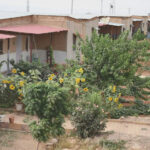
Rûken Rojda, a member of the Jineology Academy, said that the communal system is implemented in the village of Jinwar, the women’s village.
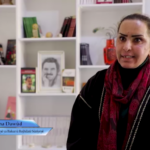
"Jineology organizes itself on the basis of many issues such as politics, economy, diplomacy and education. Through the communes, assembly, university, and media, we were able to reach out to women," says North-East Syria Jineology Spokesperson Hena Davud.
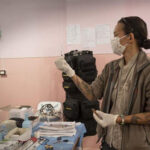
Since the early years of the revolution, many internationalists and comrades from the region have given enormous efforts to improve this situation. For this reason, Lêgerîn Magazine talked with Xweza about the importance of medical work in the revolution.
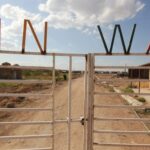
Jinwar is a village made by women for women in Rojava.
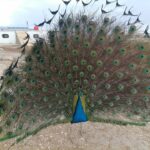
Here in Jinwar – the women’s and children’s village in northeast Syria – life goes on. It is important that life goes on and does not stand still.

Jineology literally means “women’s science or the science of women”. The word derives from jin, woman in Kurdish. Jineology is a critique of the approaches of positivist social sciences, which uphold the structures of states, patriarchy, and capital. Jineology is also defined as the “science of life” and “the science that reveals the knowledge structures based on democratic modernity.” With Jineology, women discover their knowledge and experience, and rewrite history while researching the history of women. In the first article of our article series, we give information about Jineology works in Northern and Eastern Syria.
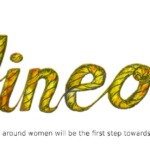
Jineolojî, which we define as the science of women, life, society and as meaning, has been trying to intervene in the field of social sciences for more than a decade.
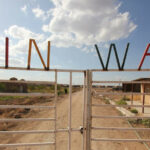
“Natural medicine is more than just herbs. We want to defend the health of society,” says the healing and health centre in women’s village Jinwar in northern Syria.
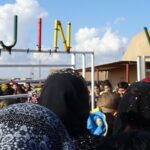
Turkey’s war is directed at the achievements of women. Interview with the Council of Jinwar (Meclisa Jinwar).
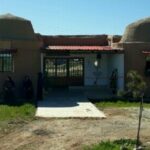
Şîfa Jin is a health and healing center for women and children based on natural and modern medicine and has been a fundamental part of the village since the beginning of the construction of JINWAR.
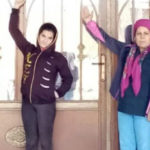
The women are building an alternative to patriarchal society, rediscovering and reestablishing collectively our freedom in an ecological way, health becomes an inescapable topic.












